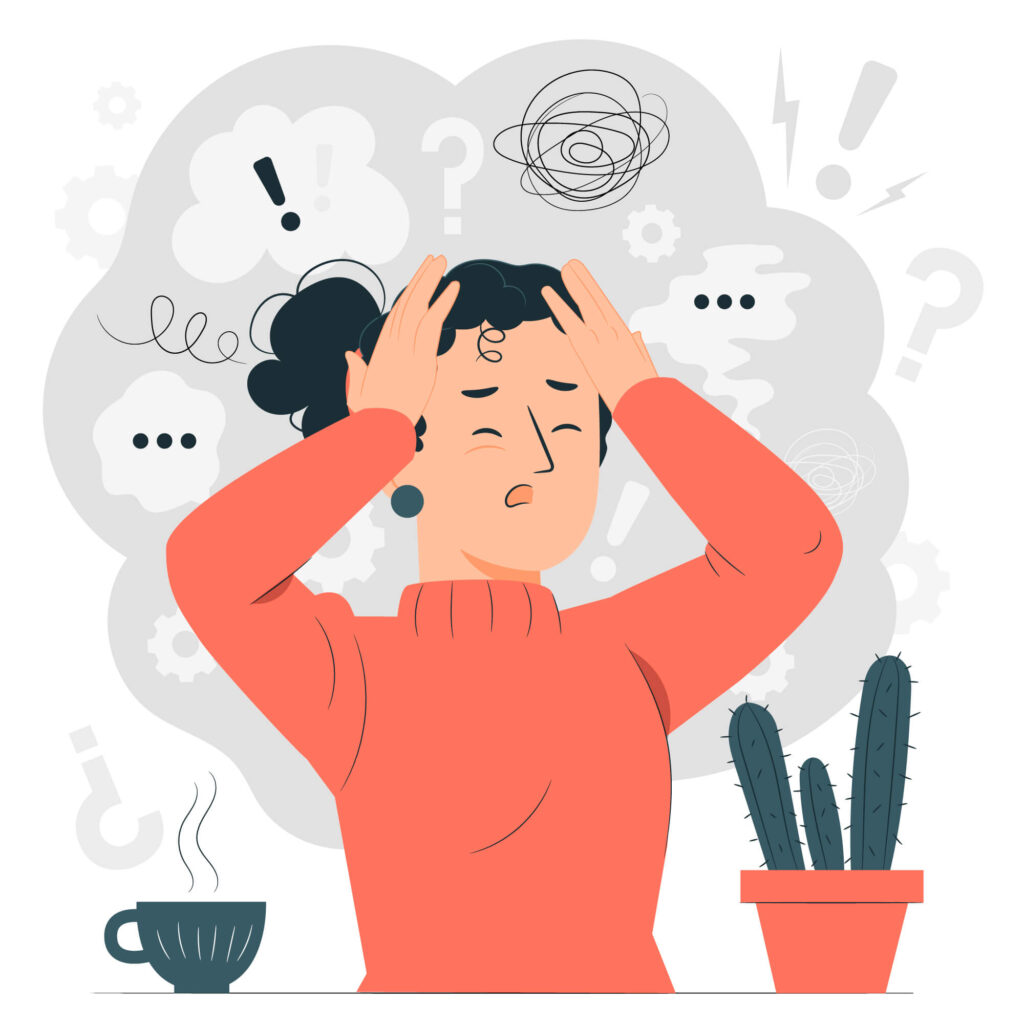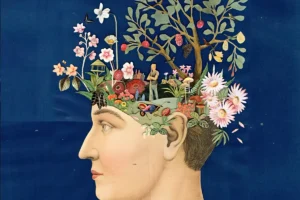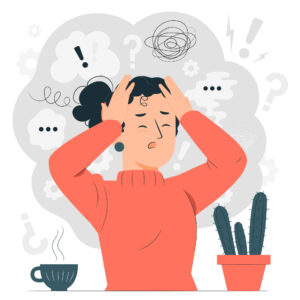
The Connection Between Mental Health and Brain Health
Mental health professionals use observations about what’s going on inside someone’s brain as the basis for diagnosis and treatment, while researchers strive to pinpoint chemical or structural changes caused by mental illnesses in a person’s mind.
Think of your brain like a city within a city: each district serves a specific aspect of life. From memory storage and emotional regulation to planning, reasoning, and problem-solving; your intricate maze stores them all!
1. Stress
Stress is a natural response of our bodies in response to new and potentially threatening life experiences, activating adaptive physiological reactions designed to maintain homeostasis (the optimal state for our bodies).
Stressful situations may include both acute, shocking or upsetting events like car accidents, assaults and natural disasters, as well as ongoing daily stressors such as jobs, relationships and money issues. Furthermore, mental illnesses like depression and anxiety are subjective – only you are aware of how severe your symptoms are.
Studies have linked poor mental health with various physical ailments, including digestive system troubles (like GI disorders and weight gain) immune system conditions ( like infections or autoimmune diseases) and cardiovascular disease. The good news is there are various things you can do to manage and reduce stress levels.
2. Nutrition
The brain is an incredible organ, responsible for everything from thinking and memory retention to breathing and heartbeat regulation. To function properly, it requires constant fuel from our food consumption; hence its name “brain food”.
The best foods for brain health include those that provide an abundance of essential vitamins and minerals. Examples include fish rich in omega-3 fatty acids; leafy green vegetables such as spinach or kale; nuts such as walnuts or almonds.
Researchers are investigating the effect of diet on brain health. Their focus is to discover which kinds of diets promote optimal brain functioning and healthy structures. Furthermore, they’re exploring their impact on metabolic biomarkers as well as brain structure measurement through MRI scans.
3. Exercise
Exercise can have numerous positive benefits on mental health, from improving mood to decreasing depression, anxiety and stress levels. Try adding physical activity such as walking, yoga or tai chi into your daily schedule – consistency is key!
Regular exercise may also aid memory and mental wellbeing by encouraging new brain cell formation. Studies have demonstrated how exercise stimulates the hippocampus to grow, potentially relieving depression and anxiety symptoms.
The Global Center for Brain Health report recommends adopting an integrative lifestyle approach in order to enhance mental well-being and cognitive health, including eating a nutritious diet, getting adequate sleep, engaging in regular physical activity and engaging in hobbies that challenge one’s mind – these factors will all play an integral part in maintaining and improving overall mental wellbeing over time.
4. Sleep
Study after study has confirmed the benefits of sleep for healthy brain functioning and resilience against life’s challenges. Furthermore, sleep deficiency is linked with mental health problems and is likely one of the contributing factors behind chronic illnesses that many of us encounter as we get older.
One study revealed that those who sleep less are at an increased risk for depression, anxiety and impulsive behaviour. Another showed that poor sleep was associated with lower brain volume in regions related to memory, attention and mood control.
Many RCTs have been conducted to investigate whether interventions designed to improve sleep (such as cognitive behavioral therapy for insomnia) have any positive influence on mental health outcomes; unfortunately, most of these studies were inadequately powered to permit definitive conclusions to be drawn from them.
5. Mental Health
Mental health refers to your psychological, emotional and social wellbeing. It can be affected by genetics, environment and life experiences such as stress or mourning of loved ones who have passed. An accumulation of factors could result in depression, anxiety or psychosis – lifestyle choices like exercise and healthy diet, as well as refraining from illicit drugs and alcohol consumption, can all help keep one mentally healthy. Talking with a therapist (psychologist psychiatrist or counsellor), using antidepressants mood stabilizers or antipsychotic medication are available options as therapies as therapies against depression such as antidepressants antidepressants mood stabilisers or antipsychotics are effective therapies against mental illness.
Bryce Bjork, a Yale College undergrad studying Bioinformatics and Statistics, decided to postpone plans to launch his startup company after his brother took his life and instead focus on Brain Health Bootcamp, an online program which educates high school students about mental illness and its treatments as well as ways they can seek assistance. It uses videos, infographics and quizzes to reduce stigma while opening dialogue about these challenges.



